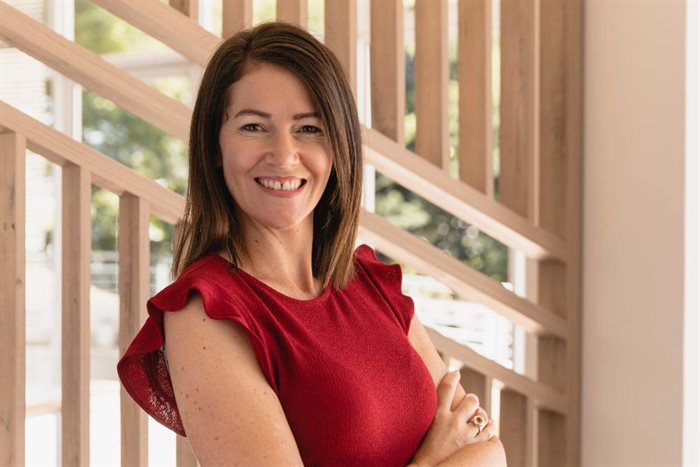While the world of investing can be bewildering, there is one investment option that most of us understand, and where almost anyone can become a tycoon - property.

Andrea Tucker, director of MortgageMe
“Whilst stock markets may fluctuate wildly, real estate in South Africa has demonstrated greater resilience to market forces and is viewed as a much less risky investment than, for example, playing money markets,” explains Andrea Tucker, director of MortgageMe.
A property mogul, if that’s what you are looking to become, is defined as someone who owns and derives a significant income from multiple properties – and approached in the right way, you too could join the ranks of those profiting from one or more residential or commercial building, says Tucker.
Things to consider before entering the property market
According to Tucker, the very first thing to calculate, is how much you’re able to spend on a second property, assuming you own your primary residence. You can also look at pooling resources, for example using a stokvel to raise a deposit and have joint ownership.
“Also, what are your objectives in embarking on this investment journey? Are you looking for a short- or long-term gain, or simply to grow a property portfolio that you can leverage for other investments?” Tucker notes.
Getting in – and out – of property deals
Once you have established how much you can spend, what is your exit strategy? Are you buying to flip the property to sell it in a short space of time and make a quick profit, or are you buying to rent it out to cover as much of the bond and living costs, in which case, are you sure that what you are buying will be a desirable rental?
Extra costs
Tucker explains that it’s important to factor in the extra costs over and above the purchase price.
“You need to consider your bond repayments, fixed versus variable interest rates as well as various upfront admin and legal fees. If you’re renting out, are you appointing a managing agent which will incur fees, and what are the municipal rates and taxes? Also be aware that you will be liable for much of the maintenance and upkeep,” she says.
It's never as simple as just calculating how much the bond repayment will be – always work out what additional costs you’re going to be required to pay monthly for that property.
Finding a property
Once you have a solid business plan, Tucker says you can take the next step to become well-versed in prevailing market trends.
“Consider the area in which you are looking to buy. What are the demographics? Perhaps there is high demand from students, or conversely it may be a family-oriented suburb with a low turnover in the rental sector. While it might feel safer to buy where you know, don’t be afraid to venture outside of areas with which you are not familiar, but which may offer a good proposition for rentals. I would suggest also looking in suburbs 'adjacent' to those you consider desirable – you never know what you’ll find when you look a bit broader,” she explains.
Consider the direction of the market. Now that hybrid working patterns seem to be here to stay, people are semigrating or moving into more peri-urban areas, looking for properties that can accommodate both the family and a work-from-home set up.
“You might also want to look at areas where there are subsidies and tax benefits, for example suburbs which a municipality has earmarked for regeneration. Being tax efficient is also important when you become a multi property owner, so familiarise yourself with all aspects of tax regulations around property ownership, especially if you are looking at investing in property overseas,” says Tucker.
She adds that fledgling property moguls should also consider their own life trajectory: “You may look at buying where your kids are going to varsity, with a view to letting to other students once they have graduated. Or buying in the resort where you always spend your holidays and renting outside of your own usage. There is always retirement – your parents’ and eventually your own to consider - and so a unit in a seniors’ complex could also be an excellent investment,” says Tucker.
The rental market
Congratulations! You’ve bought a property and now you are on your way to becoming a property mogul! But there may still be pitfalls along the way and so here are some safeguards against rentals going wrong, according to Tucker:
- Vetting of prospective tenants is imperative, including credit checks, verifying payslips and banking details.
- Get references from previous landlords.
- Verify the entity that will be on the lease agreement. Is it a private individual or a company? Be sure to know the difference and how it might impact the terms and conditions of the lease.
How to be a successful property mogul
“Although property is generally considered a solid investment option, like any financial transaction it should be approached from a position of knowledge. An experienced real estate agent combined with proper financial planning should complement your own research. Be sure you know how to spread your risk, making property a part of a balanced investment portfolio,” she says.










































